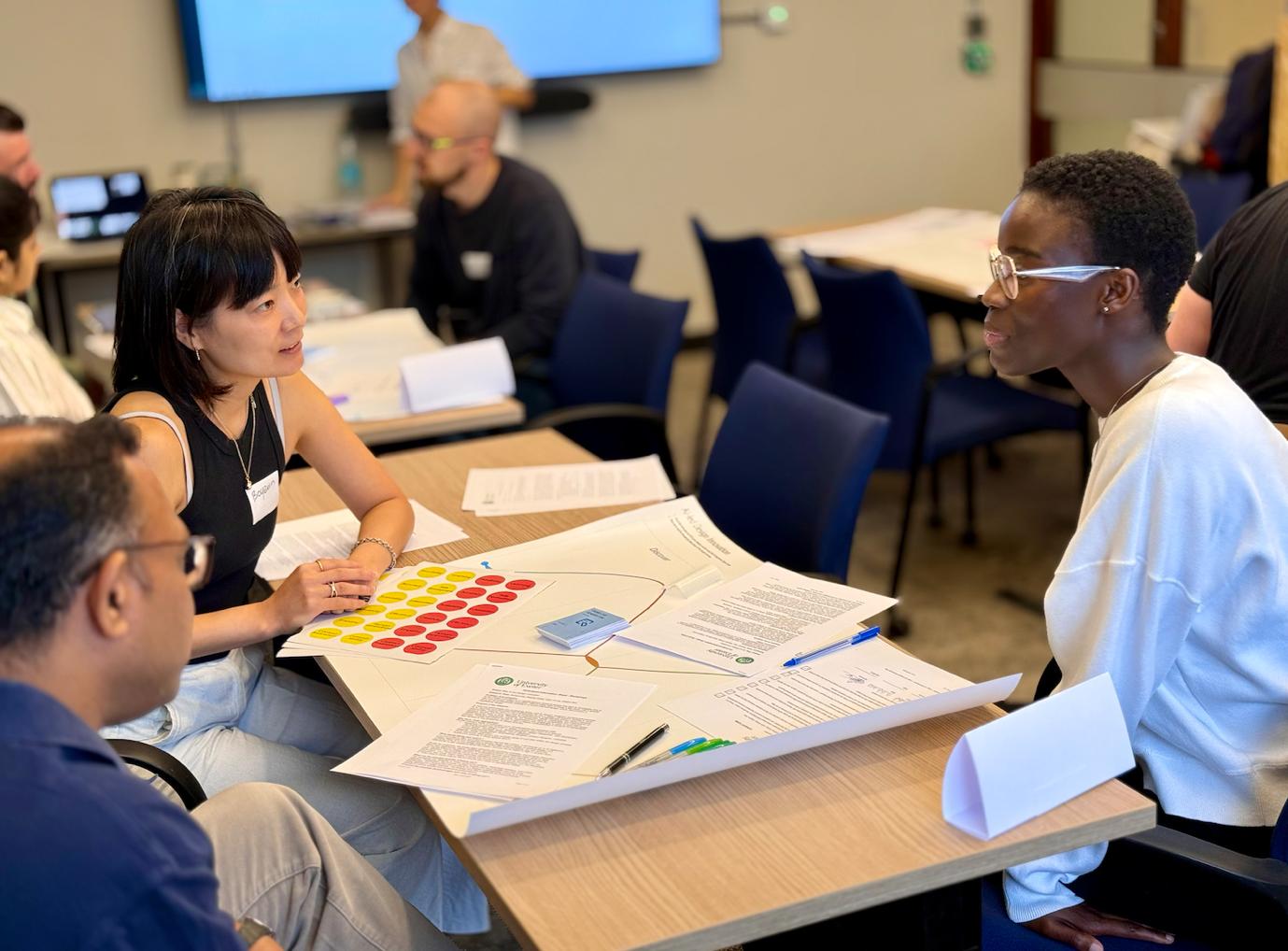Mental health during COVID-19. Well, there’s a topic I didn’t anticipate writing about this year.
The current global atmosphere may feel like the opening credits of an apocalyptic thriller, however despite ‘Contagion’, and ‘I am Legend’ trending on Netflix, there is one storyline Hollywood forgot to narrate. The unscripted little brother to any global health crisis; its impact on mental wellbeing.
Social connectedness and routine are two of the most important pillars we have to support our mental health. With the latest measures to self-isolate, including many now working from home and increased social distancing, both of our pillars are undergoing significant change and disruption.
In the wake of a global pandemic, even those who don’t normally suffer from anxiety are feeling an escalating sense of worry.
Supporting mental health in the workplace — even if the workplace is now your kitchen table — and finding connections where we can during this time is essential.
Get some morning sunlight
Aside from the obvious benefits and importance of exercising, getting outside is essential for supporting our body’s circadian clock, or the sleep-wake cycle as many may know it. Our eyes have special receptors that look for early morning sunlight and reset our circadian clocks. This helps to regulate these internal cycles, so by nightfall tiredness is naturally induced, thus enabling us to get better sleep — which brings us to our next point.
Get snoozing
Better sleep is paramount, for both bolstering your immune system and supporting your mental health. On top of resetting your circadian clock properly, you’ll want to employ basic sleep hygiene. If you are working from home keep your workspace separate from your bedroom, or if you don’t have the resources to do that, then at least be vigilant about the times you are ‘at work’, and the time you are ‘at home’.
Limit the amount of blue light you are consuming before bed, including smartphone use, at least an hour before going to bed.
Stay connected
We all drone on about it, we live in a world saturated with connections. Now is the time to leverage them. Pick up your phone and reach out to your loved ones, colleagues, friends, your most hated aunty – anyone – and talk about life.
Sounds facile, doesn’t it? It isn’t. Talking to each other in such a difficult, isolating time shouldn’t just be a WhatsApp message or a tweet. Face-to-face interaction, even over a screen, and hearing voices is key for staying socially connected and tricking our minds into feeling those primal urges.
Don’t entertain fake news
Reading trusted sources of information and not getting sucked into the media frenzy is essential. Engage with trusted sources like the NHS, the Lancet, BMJ and GOV.UK, and keep social media for the memes. Misinformation spreads faster than infections, even if it’s coming from well-meaning people.
Listen to your body, and breathe
Be aware, notice and check-in with what your body and mind are telling you and what they need. If you have access to our workplace wellbeing programme, regularly use a breathing guide throughout the day. Look up something simple on YouTube and start there.
The world may feel like it’s crashing down around us, but remember that we are all in this thing together, and now is the perfect time, if there ever was one, to get back in touch with ourselves.
This article was originally posted in the Biobeats blog





